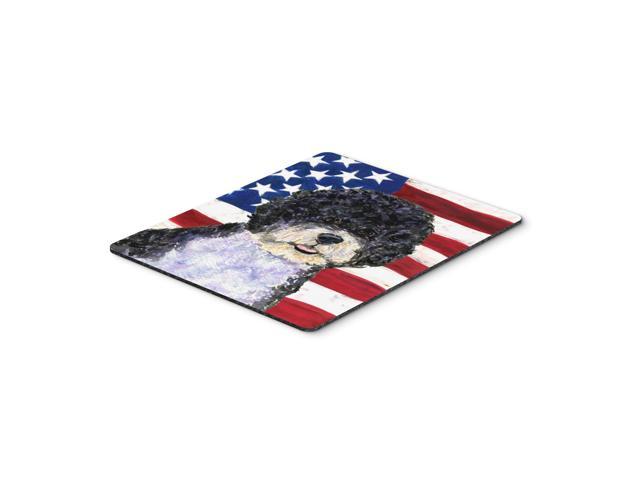PSYCHOTHERAPY SCIENTIFIC AND RELIGIOUS PSYCHOTHERAPY SCIENTIFIC AND RELIGIOUS BY MARCUS GREGORY B. Litt., D. pnu. MACMILLAN AND CO., LIMITED ST. MARTINS STREET, LONDON J939 A TOKEN OF GRATITUDE TO MY FRIENDS JOSEPH EDWARD FISON AND ALFRED BARCLAY BUXTON INTRODUCTION By WILLIAM BROWN, M. D., D. Sc., F. R. C. P. Wilde Reader in Mental Philosophy and Director of the Institute of Experimental Psychology in the University of Oxford THE study of the human mind on strictly scientific lines is of comparatively recent date, and psychology has been the last of the fundamental sciences to separate out from the matrix of natural philosophy. But its position now is sufficiently firm to justify practical con clusions from its facts and generalizations. One such body of practical doctrine is the science and art of psycho therapy, or of mental methods of healing, which, develop ing within the domain of medical practice, may be justifiably regarded as transcending narrower medical purposes and aiming at the highest good of humanity. Psychotherapy must be firmly based upon the findings of scientific psychology and of scientific medicine, but, by its very nature and purpose, it is destined to pass beyond these limits and make its contribution to the science of ethics and find its full illumination in the realms of philosophy and religion. Dr. Marcus Gregory has written his book on the subject from this wider standpoint, and has done justice to every aspect of it. He has avoided any form of one-sidedness, and has produced a scholarly volume which is worthy of the high dignity which psycho therapy is destined to achieve in the domain of social and religious philosophy. I can cordially recommend it as a sound and reliable text-book on the subject. February 10, 1939 vii FOREWORD By L. W. GRENSTED, M. A., D. D. Nolloth Professor of the Philosophy of the Christian Religion in the University of Oxford Canon Theologian of Liverpool THE whole subject of the relation between spiritual and mental healing is one of quite peculiar importance at the present time. The pressure and pace of modern civilization, not to speak of the recurrent threats to its stability, with the ever-increasing demands which they make upon the individual, have not only led to an enor mous development in the methods and range of psycho logical treatment, but have also intensified an interest and a hope, perhaps as ancient as the first religious searchings of mankind, in the possibilities of healing by the still more fundamental way of faith. Not un naturally, there has been a vast amount of what, from the scientific point of view, can only be called crude and ill-regulated experiment, and this is at least as true on the psychological as on the religious side. Quacks and charlatans, both spiritual and scientific, will doubtless ever be with us, yet even their work, uncertain as its value may be, is often of great interest for those who are, not led away by glowing and uncritical claims, and who can appreciate the real significance of what is happening. There is very great need for the work of those who can bring a balanced judgment, a quality by no means in compatible with religious conviction, to bear upon the whole matter. It is for reasons of this kind that I am glad to have this opportunity of welcoming and commending Dr. M. Gregorys full and careful study. I have had the X PSYCHOTHERAPY SCIENTIFIC AND RELIGIOUS opportunity of seeing its development from the first be ginnings of his interest in the subject, and of knowing how much detailed labour lies behind his pages. Dr. M. Gregory is undoubtedly an enthusiast, but his enthusiasm is the kind of enthusiasm that makes for good and careful scientific work, and not for hasty acceptance of evidence or for jumping at unfounded conclusions. The whole subject is one which bristles with difficulties. There is the problem, an urgent one in practice, of the unqualified or semi-qualified practitioner…















